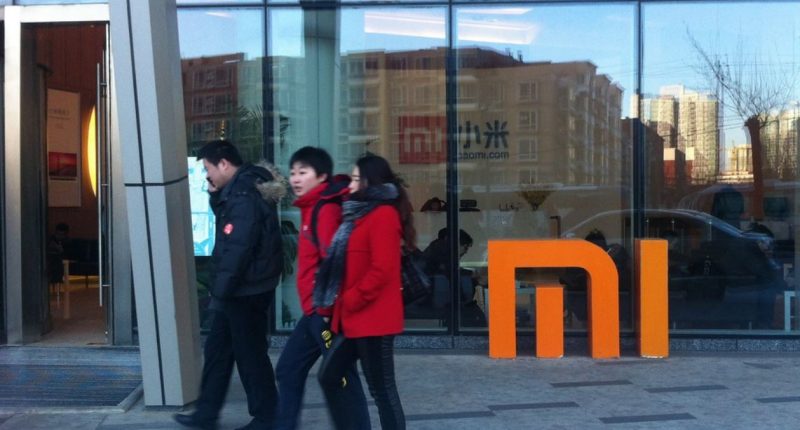Xiaomi has dominated the Indian smartphone market for quite some time now, thanks to its solid on-a-budget offering. However, while it has enjoyed a significant presence in the global markets as well, it’s never managed to crack its way to the top of the top. But as we all know, nothing has stayed the same since last year, and with users seeking more electronic products than ever before, Xiaomi has managed to become the second largest vendor of smartphones in the world in Q2 2021, a feat that it has never achieved before.
This is according to a report by Canalys, which states that Xiaomi has managed to secure 17% of the global smartphone market, showing a massive growth rate of 83% over the year.
This is huge for the smartphone manufacturer, currently second only to Samsung, which boasts a 19% market share in Q2 with a 15% annual growth.
The third spot was bagged by Apple, which managed to secure a 14% piece of the pie, having shown almost no annual growth when it comes to sales. The last two spots on the list of top 5 were secured by Oppo and Vivo, each with a market share of 10%.
Overall, the entire global smartphone market grew by 12% year over year, helped by the roll out of vaccines.
But how did Xiaomi-a company that was relatively unknown until just a few years ago, managed to become the second largest smartphone vendor in the world? Well, according to Canalys Research Manager Ben Stanton, it has to do with the rapid development of the company’s overseas business, with shipments increasing more than 300% in Latin America, 150% Africa and 50% in Western Europe.
“And as it grows, it evolves. It is now transforming its business model from challenger to incumbent, with initiatives such as channel partner consolidation and more careful management of older stock in the open market,” Stanton added.
He said that while Xiaomi is still largely skewed towards the mass market, it has its targets set on increasing the sales of high end devices (like the Mi 11 Ultra). However, this will not be an easy task, as Samsung and Apple already have a stronghold on the premium smartphone market. Meanwhile, Xiaomi will also run into competition with Oppo and Vivo, which are trying to plug their own high end devices in the market.
According to Stanton, “All vendors are fighting hard to secure component supply amid global shortages, but Xiaomi already has its sights set on the next prize: displacing Samsung to become the world’s largest vendor.”





